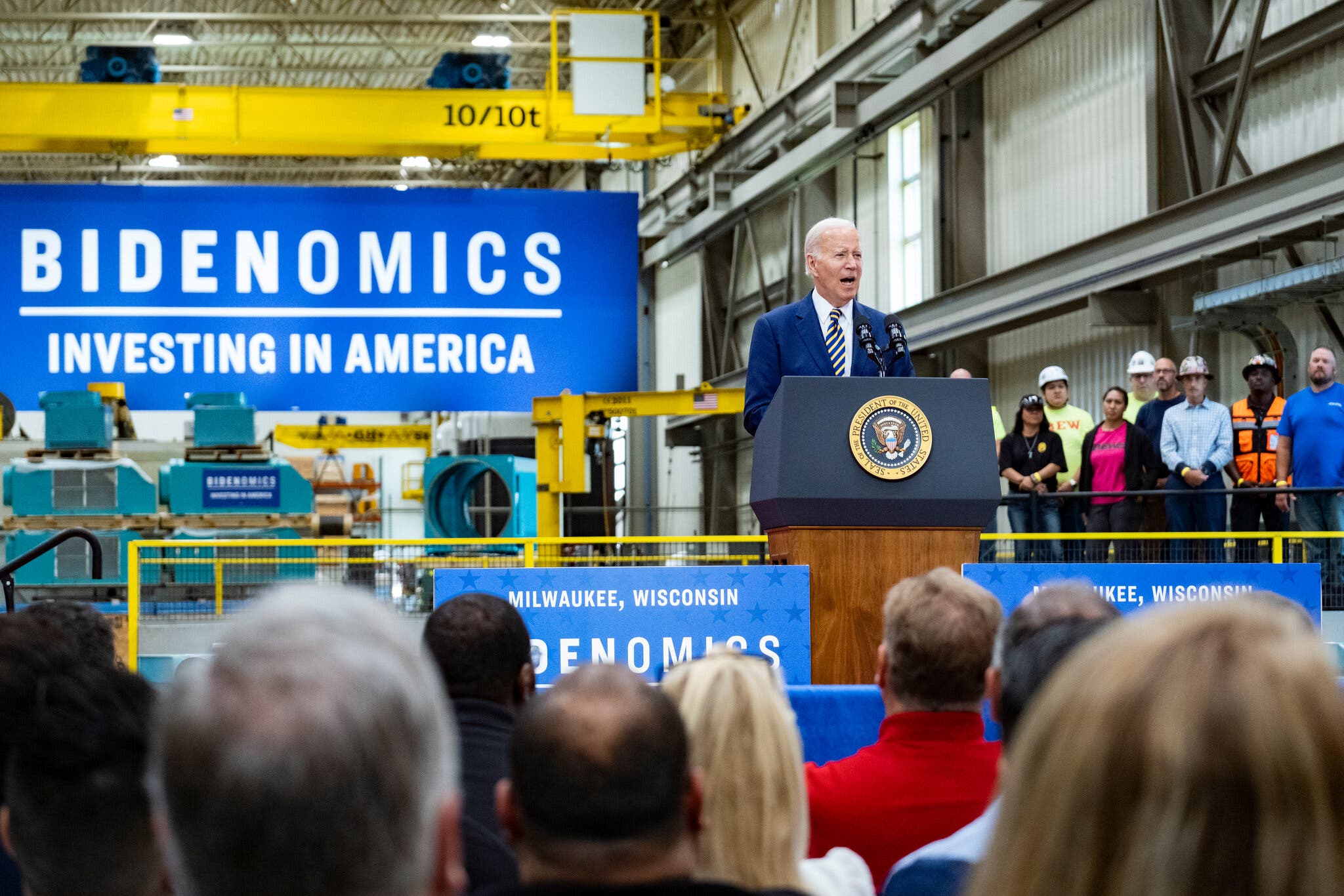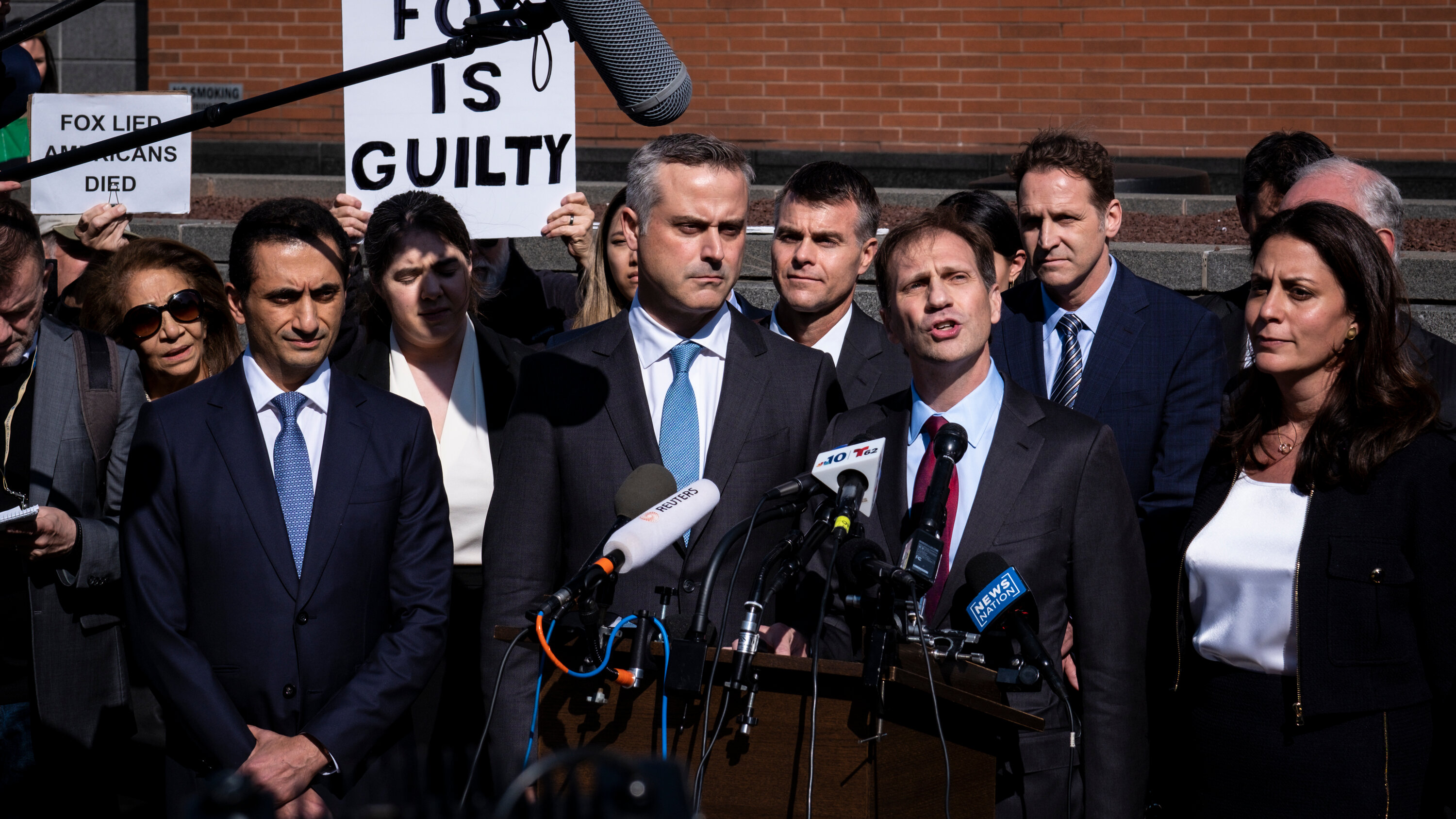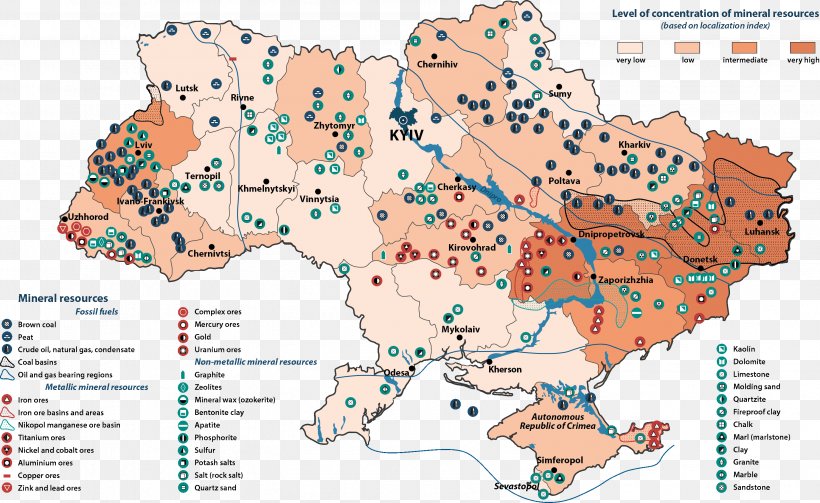Is Joe Biden Responsible For The Slowing Economy? A Critical Analysis

Table of Contents
H2: Biden Administration's Economic Policies and Their Impact
The Biden administration has implemented several significant economic policies, whose impacts are still unfolding. Analyzing their effects on the slowing economy requires careful consideration.
H3: The American Rescue Plan (ARP)
The ARP, a massive stimulus package, aimed to address the economic fallout from the COVID-19 pandemic. While proponents argued it prevented a deeper recession and spurred job growth, critics pointed to its potential to fuel inflation.
- Increased government spending: The ARP injected trillions of dollars into the economy, increasing demand and potentially contributing to inflationary pressures.
- Potential inflationary pressures: The rapid increase in spending, coupled with supply chain disruptions, contributed to a surge in inflation, impacting consumer purchasing power.
- Job creation statistics: While the ARP did contribute to job growth initially, the long-term impact on employment remains a subject of debate.
- Long-term economic effects debate: Economists continue to debate the long-term economic consequences of the ARP, with ongoing research attempting to disentangle its effects from other factors.
H3: Infrastructure Investment and Jobs Act
The Infrastructure Investment and Jobs Act represents a significant long-term investment in the nation's infrastructure. While expected to boost economic growth in the future, its immediate impact on the current slowdown is less direct.
- Infrastructure spending: The act promises to create jobs and improve productivity, but the economic benefits are likely to materialize over several years, not immediately mitigating the current slowdown.
- Job creation projections: While job creation is projected, the actual numbers may vary depending on the efficiency of project implementation and the availability of skilled labor.
- Supply chain impacts: Improved infrastructure could eventually ease supply chain bottlenecks, but this effect will likely be seen only in the medium to long term.
- Long-term growth potential: The act's focus on long-term infrastructure development holds significant potential for boosting economic growth and productivity in the future.
H3: Other Key Policy Decisions
Beyond the ARP and infrastructure bill, other Biden administration policies have influenced the economic landscape.
- Tax policies: Changes to tax policies can influence business investment and consumer spending, impacting economic growth. The effects are complex and depend on the specifics of the policies.
- Trade policies: Trade negotiations and agreements can affect trade balances and overall economic activity. Their impact can be significant but often unfolds gradually.
- Regulatory changes: New regulations can either stimulate or hinder economic activity, depending on their nature and implementation.
- Their effects on business investment and consumer confidence: The cumulative effect of these policies on business investment and consumer confidence plays a crucial role in determining overall economic performance.
H2: Global Factors Contributing to the Economic Slowdown
It's crucial to acknowledge that several global factors, largely outside the Biden administration's direct control, have significantly contributed to the current economic slowdown.
H3: The War in Ukraine
The war in Ukraine has had a profound impact on the global economy, creating significant challenges for the US.
- Energy price increases: The war disrupted energy markets, leading to soaring energy prices and impacting inflation globally.
- Supply chain disruptions: The conflict further exacerbated existing supply chain issues, leading to shortages and increased costs.
- Impact on global trade: The war disrupted global trade routes and reduced overall economic activity.
- Inflation’s ripple effect: The resulting inflation has had a ripple effect, impacting economies worldwide, including the US.
H3: Global Inflation and Supply Chain Issues
Even before the war in Ukraine, the global economy was grappling with inflation and supply chain bottlenecks.
- Global demand: Post-pandemic surges in global demand strained supply chains, creating bottlenecks and price increases.
- Production constraints: Various factors, including labor shortages and factory closures, constrained production, further exacerbating supply issues.
- Shipping delays: Shipping delays added to the overall cost of goods and contributed to inflation.
- Rising commodity prices: The prices of many commodities increased significantly, driving up the cost of production for various goods and services.
H2: Counterarguments and Alternative Perspectives
Attributing the economic slowdown solely to the Biden administration overlooks several crucial factors.
H3: Arguments Against Biden's Responsibility
Some argue that the current economic slowdown is largely due to factors beyond the President's control.
- Inherited economic conditions: The Biden administration inherited an economy still recovering from the pandemic and facing pre-existing challenges.
- Global events: Global events such as the war in Ukraine and supply chain disruptions are significant factors impacting the US economy.
- Unexpected economic shocks: Unforeseen economic shocks can significantly impact economic performance, regardless of policy choices.
H3: Assessing the Role of the Federal Reserve
The Federal Reserve's monetary policy plays a significant role in shaping economic conditions.
- Interest rate hikes: The Fed's interest rate hikes aim to combat inflation but can also slow economic growth.
- Quantitative tightening: The Fed's quantitative tightening policy further influences the money supply and interest rates.
- Impact on borrowing costs: Increased interest rates raise borrowing costs for businesses and consumers, impacting investment and spending.
- Effect on inflation and economic growth: The Fed's actions aim to balance inflation control with sustainable economic growth, a delicate balancing act.
3. Conclusion:
The question of whether Joe Biden is solely responsible for the slowing economy is multifaceted and doesn't lend itself to a simple yes or no answer. While his administration's policies have undoubtedly played a role, global factors such as the war in Ukraine and pre-existing supply chain issues have significantly contributed to the current economic climate. A thorough understanding necessitates considering both domestic policies and external pressures. Further research and ongoing economic data analysis are crucial to fully grasp the long-term effects of current policies and the overall trajectory of the US economy. To stay informed on the ongoing debate surrounding the slowing economy and President Biden's role, continue to follow reputable news sources and economic analysis. Understanding the interplay between domestic and global forces is key to comprehending the complexities of Joe Biden's economic policies and their impact on the US economic slowdown.

Featured Posts
-
 Missouri Hockey History Clayton Keller Hits 500 Nhl Points
May 03, 2025
Missouri Hockey History Clayton Keller Hits 500 Nhl Points
May 03, 2025 -
 Exclusive Inside The Negotiations Trump Lawsuit Could Settle For 20 Million
May 03, 2025
Exclusive Inside The Negotiations Trump Lawsuit Could Settle For 20 Million
May 03, 2025 -
 Sc Election Integrity Survey Shows High Public Trust 93
May 03, 2025
Sc Election Integrity Survey Shows High Public Trust 93
May 03, 2025 -
 Rare Earth Minerals Ukraine And The U S Announce Key Economic Agreement
May 03, 2025
Rare Earth Minerals Ukraine And The U S Announce Key Economic Agreement
May 03, 2025 -
 Rome 2023 Macron Accuse D Ingerence Dans L Election Papale
May 03, 2025
Rome 2023 Macron Accuse D Ingerence Dans L Election Papale
May 03, 2025
